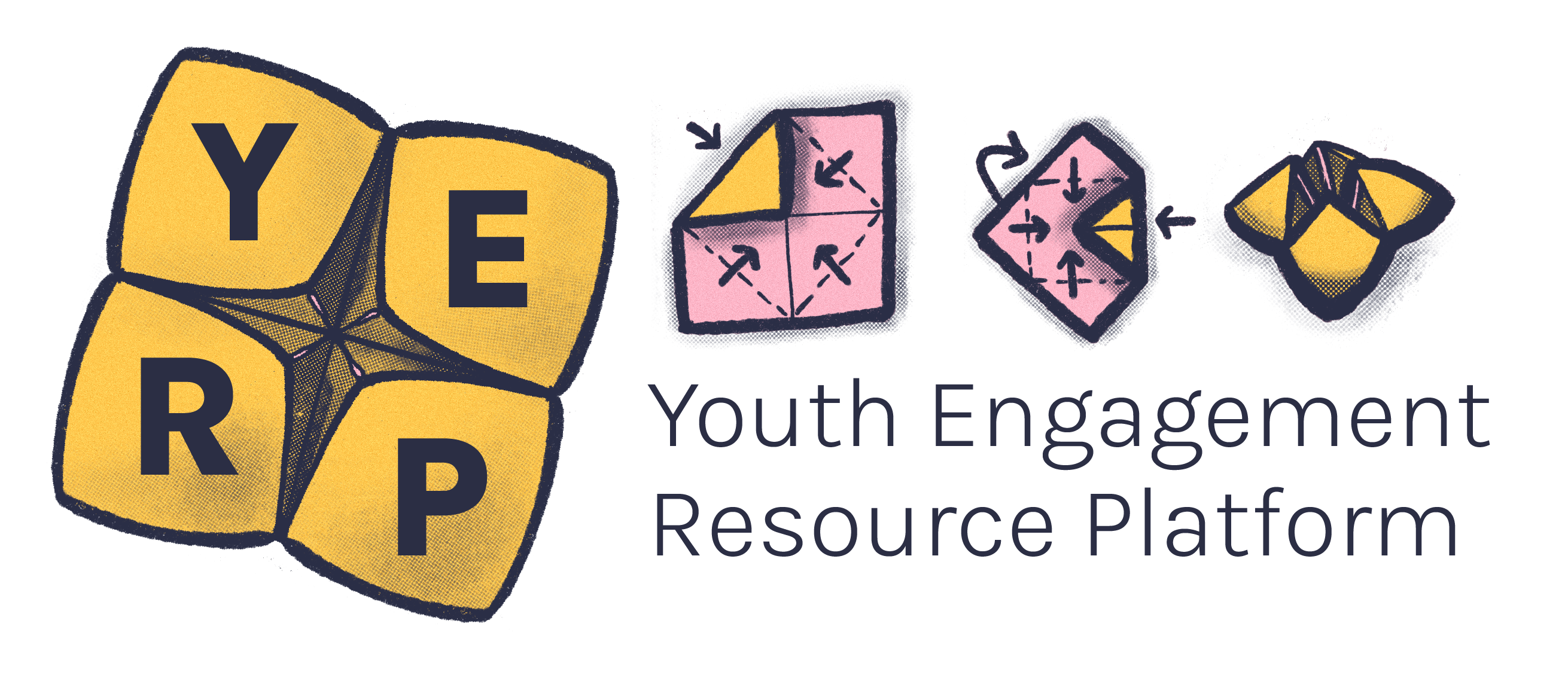Supervision is an integral part of youth work practice and professional development.
Supervisors and supervision meetings are there to support you in continuous learning by helping you identify your strengths and areas for improvement and upskilling. They can advise on ethical dilemmas and provide insight into best practice for case management and providing wraparound support for young people. They can also support you in building your professional network.1
Supervision is also just a great way to bounce ideas around, build professional connections and share knowledge and ideas.
Having dedicated time for supervision ensures you have access to support, and time for professional reflection and development.
Supervision is so important for youth workers, especially when they are working with young people who are in crisis, or who have experienced trauma.1
- Supervision is a flexible approach and can be done with colleagues and peers or with a manager.
- It could also be provided by a professional supervisor who is external to your organisation, such as a mentor or university lecturer.
- Supervision can also be from groups like Community of Practices (CoP) and networks of youth workers.1
A group of young workers talking around a table at a cafe.

Skill development
Supervision helps you to apply knowledge in real-world situations. You can receive guidance from supervisors to improve your skills in assessment, intervention, and communication. This guidance will also help your confidence when tackling new situations and ethical dilemmas.1
Experiential learning
Through supervised practice, you can gain hands-on experience and exposure to diverse cases that you may not feel confident approaching on your own. This will bridge the gap between theory and practice.1
Reflective practice
Supervision encourages you to engage in reflective practice, where you can analyse your actions, decisions, and feelings. This enhances self-awareness and fosters continuous learning.1
Critical thinking
Supervision promotes critical thinking by challenging you to consider alternative perspectives, question assumptions, and explore the underlying reasons for your choices.1
Case management
You can discuss complex cases with supervisors to receive guidance on appropriate interventions, ethical considerations, and effective strategies.
Ethical decision-making
Supervisors can help you to navigate ethical dilemmas by providing insights into ethical codes, values, and principles.
Feedback
It’s invaluable to receive constructive feedback on your performance, it will highlight your strengths and areas for improvement.
Emotional support
Supervision provides a safe space for you to process your feelings and challenges when faced with difficult situations that can arise when working with young people.1
Professional identity formation
Supervision contributes to the development of your professional identity by exposing you to best practice in ethical standards, values, and norms of the youth work profession from someone experienced.1
Interdisciplinary learning
In interdisciplinary settings, supervision gives you the opportunity collaborate with professionals from other fields, giving you a holistic understanding of complex cases and supporting the development of wraparound care.
Prevention of burnout
Regular supervision helps you to manage the stress and emotional toll of your work, reducing the risk of burnout.1
Networking
Supervisors can connect you to other professionals in the field, building your network and connections within the youth sector.
Professional accountability
Through supervision, you are held accountable for your actions and decisions, fostering responsible and ethical practice.
Learning from mistakes
Supervision allows the opportunity to discuss mistakes, challenges, and failures in a supportive environment, transforming these experiences into valuable learning opportunities.
Continual growth
Supervision is an ongoing process that supports you throughout your education and early career, promoting lifelong learning and development.
Check-ins
Check-ins can be informal or formal. Debriefing with your supervisor can be informal when you bring up something about work while chatting to your supervisor, and they become formal when you have scheduled a time to have a meeting to discuss something work-related.
Performance reviews
A formal assessment of strengths, areas for improvement, and goals for skill development. The purpose is for your manager to offer constructive feedback and identify opportunities for career progression where relevant.
Mentoring (peer and leadership)
A mentor is a person who can support, advise, and guide you through your work. Often a mentor is someone who has experience in your field and will give you insight based on their experiences and learnings; however a mentor can be any role model in your life who takes the time to guide you.
Communities of Practice (CoP)
This is when a group of professionals meet to discuss developments in their field, common concerns, examples of best practice, and exchange resources.
If you aren’t receiving adequate support, you should speak to your line manager or HR. If one-on-one supervision isn’t an option for you, there are other alternatives.
These include:
- Networks and groups such as the Victorian Youth Participation Practice Network (YPPN): The YPPN is a group of Victorian professionals who are committed to empowering young people through youth participation, youth engagement and supporting the voice of young people. This community meets regularly and every member has the chance to access the group online to share opportunities, resources and knowledge as well as seek advice and guidance. There are many groups and alliances such as the YPPN, have a look at what’s in your area but also search online.
- Communities of Practice: As above, CoP’s are a network of people who you can call on for support. If you aren’t aware of any, ask peers and colleagues or other youth organisations you have connections with.
- Edmen. (23 November 2023). Navigating the Path to Success: The Crucial Role of Supervision and Support in Youth Work. https://www.edmencss.com.au/navigating-the-path-to-success-the-crucial-role-of-supervision-and-support-in-youth-work





